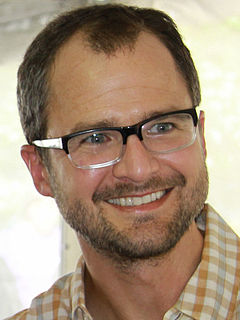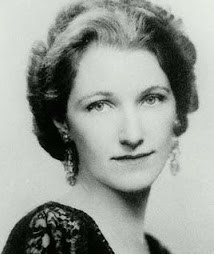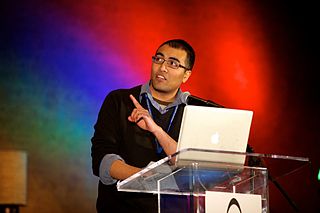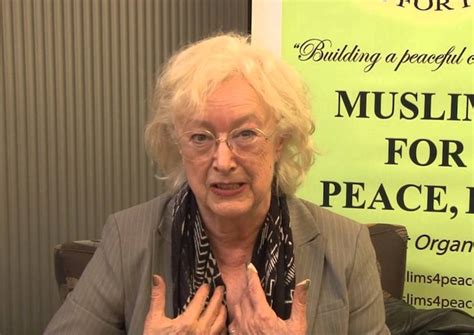A Quote by Brian Greene
The boldness of asking deep questions may require unforeseen flexibility if we are to accept the answers.
Quote Topics
Related Quotes
Creativity doesn’t come from glancing quickly at your Twitter feed while in line at Starbucks. It comes from deep thought. It comes from voraciously reading books—long books that require focused attention. It comes from meaningful discourse with other intellectually curious people. It comes from listening and asking good questions.




































